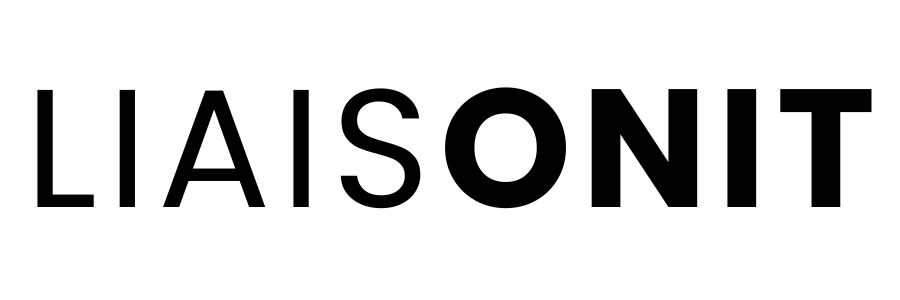IPAB Sets aside Patent office order refusing Patent to Pfizer’s Anti-Psychotic drug
- nDimensionsIP

- Jun 8, 2015
- 2 min read
In a case reflecting the sorry state of affairs with respect to patent prosecution in India, the Intellectual Property Appellate Board (IPAB) had set aside the order passed by the Delhi Patent Office refusing patent to Pfizer’s anti-psychotic drug. Pfizer’s patent application (No. 1154/DEL/1997) was directed to Ziprasidone mesylate trihydrate for treatment of psychotic disorders. The First Examination Report (FER) on the application was issued on Apr 2006 for which Pfizer filed a response in Mar 2007. Subsequently, an office action was issued objecting to the claims under section 3(d) & (e) of the Patents Act. Notwithstanding the response filed by Pfizer furnishing necessary data, the Assistant Controller had then refused grant of patent under section 3 (d) & (e) in the order dated Mar 2010 leading to Pfizer filing an appeal against the order before the IPAB.
Pfizer argued that the impugned order reflected total non-application of mind and misconception on the part of the patent office and hence the order should be set aside. What is appalling is that the Assistant Controller had considered a compound “Ziprasidone mesylate monohydrate” as the closest prior art which is a non-existing compound as contended by Pfizer. On this issue, the IPAB concluded that “It is pertinent to note that the Assistant Controller proceeded to consider the claims mainly on the basis of the above said comparison of prior art compound which was not at all in existence which reflects the total non-application of mind of the Assistant Controller into the claims raised by the applicant for appellant herein. We have no hesitation to hold that on the above said ground itself the entire impugned order is vitiated”.
The Assistant Controller had observed in the impugned order that Pfizer had not furnished comparative experimental data to show the therapeutic efficacy of the drug and had invoked section 3 (d) & (e). The IPAB concluded that the records show that the applicant had indeed provided the data and had the Assistant Controller not been satisfied with the data, he ought to have given reasonable opportunity to the applicant as under section 15 instead of mechanically and arbitrarily refusing the application.
Other than setting aside the impugned order, the IPAB had directed the Assistant Controller to consider the issue afresh, to raise definite and specific objections affording reasonable opportunity for the applicant to argue their case and to pass orders on merit in accordance to law within a period of five months from the date of receipt of copy of the IPAB’s order.
For the hapless applicant who filed the patent application in 1997, to be refused grant of patent in a shockingly arbitrary manner mainly on the basis of a non-existing compound and to have to wait for almost eighteen years with still some hurdles to cross over for grant of patent, it will be an understatement to call it a travesty of justice.




Comments